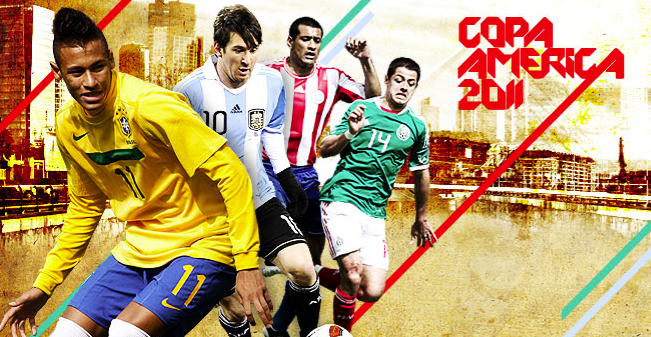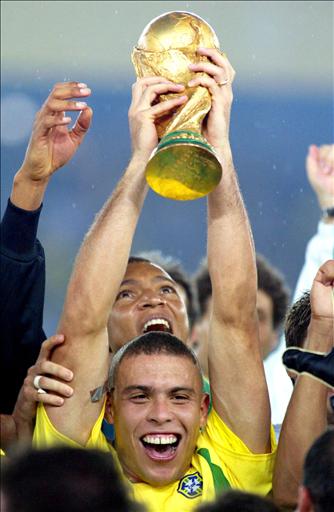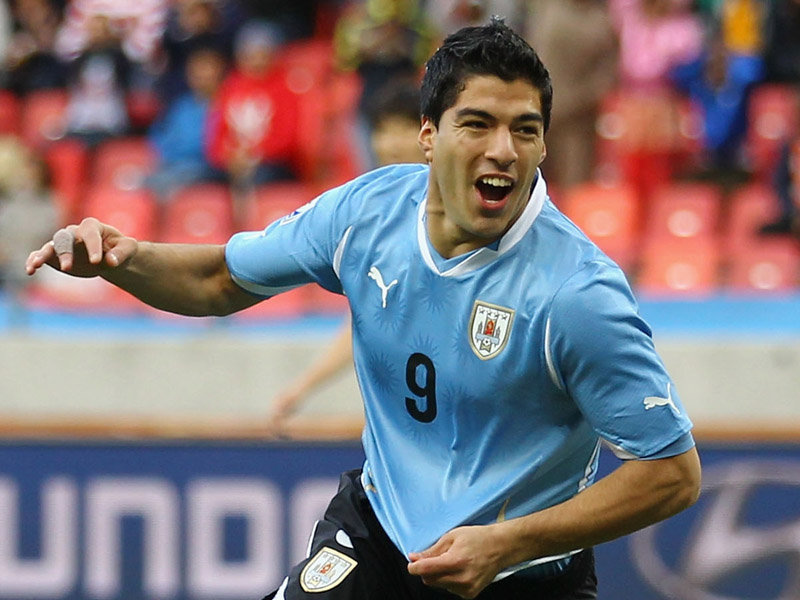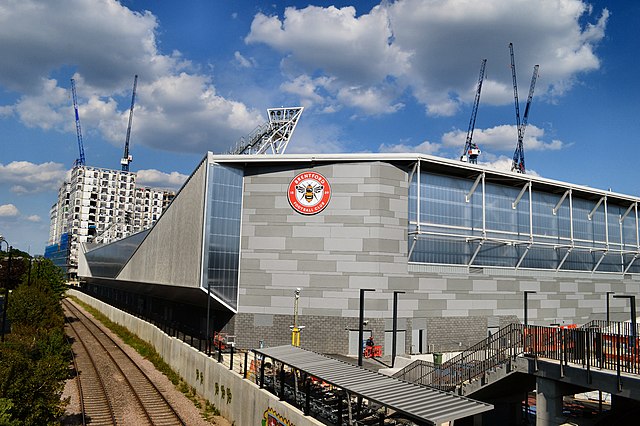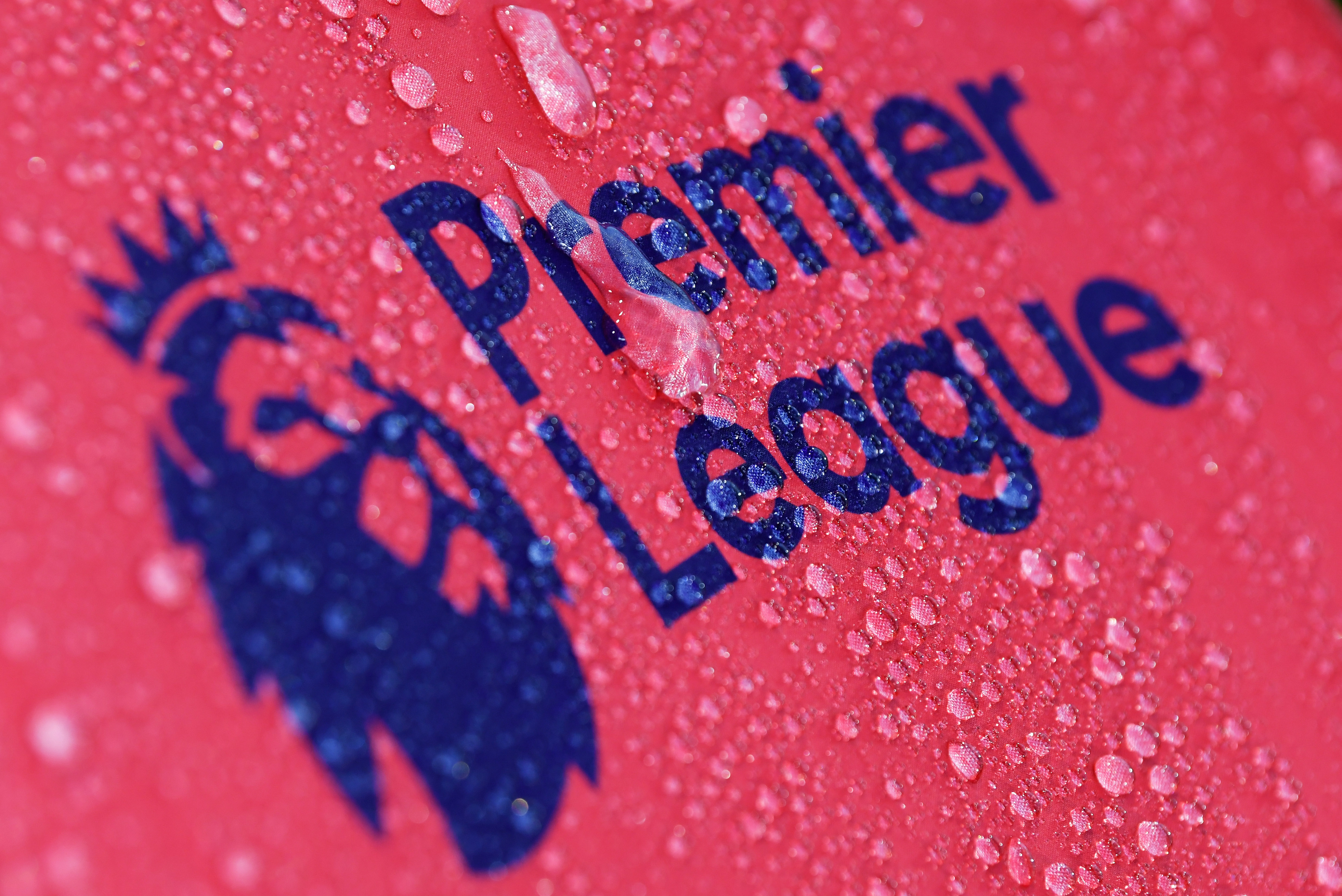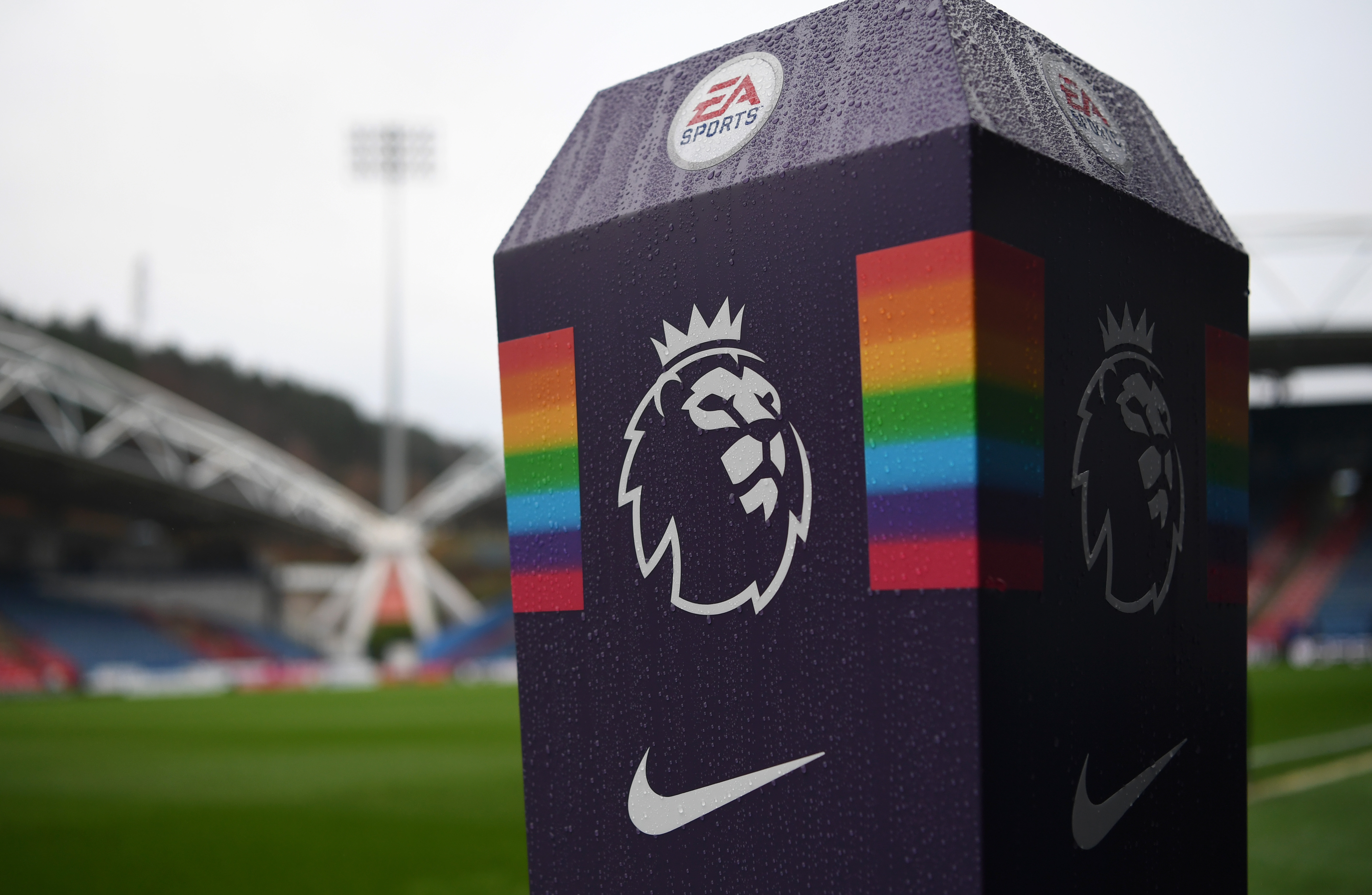For the first time since 1995, when Uruguay last won the tournament, the Copa America will not be won by Brazil or Colombia. The Sky Blues remain the only team left in the competition to have won the tournament in its modern day format which came about in 1987. The traditional powers of South American football have been left by the wayside as the continent’s lesser known football nations have come to the fore. A tournament which had come to be depressingly dominated by Brazil, who had won four of the last five tournaments, has had new life breathed into it by the challenge to the existing order.
The under-performing powerhouses!
Not only are the two dominant teams of South American football, Brazil & Argentina, out of the competition, but also the two sides that finished bottom of the 2010 World Cup qualifying group, Peru and Venezuela, reached the semi-finals. It is a tournament that has done much to break up the monopoly of those two more formidable nations on the continent’s game. And perhaps, more importantly alter non-South American viewers’ perception on the depth of quality in the continent.
However, it should not really come as too much of a shock as the last World Cup demonstrated there was so much more to South American football than just Brazil and Argentina. Uruguay, with a population of little over three million, can certainly be compared as relative minnows to a country as vast as Brazil with a population that falls just shy of 200 million. Despite this huge disadvantage in terms of talent pool, they were the continent’s most successful team at South Africa 2010 going all the way to the semi-finals. This was achieved after finishing fifth in the qualifying campaign and having to go through a play off with Costa Rica.
Given the success of the South American teams at the last World Cup, the only continent to have all of its representatives reach the knock-out stages, it should have been expected that the top two were not going to be able to coast through to meet in the final as they had done on the previous two occasions. Indeed, half of the quarter-finalists in South Africa were South American teams.
A low probability of Brazil lifting the WC again?
This growth in the strength of the game has not been overnight or coincidental though. After years of changing the format of the Copa America as well as the qualifying for World Cup, CONMEBOL (the body that oversee South American football) seem to have settled on a system which mirrors the European system. It means that teams no longer have two year intervals when they do not play competitive matches as World Cup qualification now takes place across three years with all the sides competing in one big group. This results in far more effective monitoring and assessing of the teams progress by the management.
Despite this, it is only fair to give credit where credit is due and all 4 semi-finalists have come a very long way in a short space of time. Not least of all Peru who under new manager Markarian have improved dramatically at the back. He has shored up a leaky defence that conceded 26 goals in just 9 away matches during the World Cup qualifying campaign in which they subsequently ended bottom. During his 10 games in charge, up until the semi-final defeat to Uruguay, they had conceded just 3. They may not have achieved the ultimate glory this time round, but an extremely decent run and some fine performances, most notably the 2-0 quarter final victory over Colombia, will stand them in good stead for the Qualifying campaign which kicks off in October.
Further plaudits must go to Uruguay who have carried on from their fine run into World Cup semi-finals with an appearance in Sunday’s final. Luis Suarez, in particular, has been in scintillating form. He has burst into form at just the right time with two goals against Peru in the semis. And supported by golden ball winner Diego Forlan as well as Napoli’s goal-scoring sensation Cavani, who admittedly is yet to set the tournament alight, Uruguay will be heavy favourites to lift the trophy for a record fifteenth time regardless of who they meet. Certainly with Brazil not involved in qualification for 2014 as they are hosting the tournament and with Argentina seemingly unable to utilise their unquestionable talents, Uruguay may well head into qualification as the team to beat.
Luis Suarez – taking over from Forlan
Obviously, as triumphant as the tournament has been for the smaller nations that have made it to the semi finals it will be equally disappointing for the two larger nations having both succumbed to pressure at the quarter-final stage for the second consecutive major tournament. Brazil, especially, with no more competitive games before the World Cup, will be concerned. They will have only friendlies to experiment with and find a winning formula, as the current set up does not appear to be working. Non-competitive games are not sufficient to build a team to win a World Cup. And Brazil have a long way to go to be at the stage. They have not looked the dominant force we are used to seeing for a long time now.
Argentina, at least, have the benefit of a long series of competitive games, which despite the increased competition, they should still have enough to qualify whilst trying to find the right team. They also have the luxury of possessing 5 or 6 attackers that would walk into most teams around the globe. The problem for them is how best to utilise these players, especially the unrivalled Lionel Messi. They need to cop Barcelona’s style to get the best out of him. In fact, that is detrimental to them as they do not have midfielders of Xavi’s or Iniesta’s quality to pull it off. A lack of a truly creative midfield coupled with too much expectation on Messi has hindered Argentina’s progress. Opposition teams such as Colombia, who did it so well in the second game, line up knowing what to expect and defend deep with numbers and crowd him out of the game. They need to find a way of playing based on their own style that doesn’t copy a way of playing that they cannot replicate. As if they don’t they could easily be found out and overtaken by the rest of the continent.
Perhaps, it is too early to say the tide is changing in South American football. And certainly the scale of Corinthians’ ambition, demonstrated by their audacious pursuit of Manchester City’s Carlos Tevez highlights the financial strength of the Brazilian domestic game, at least. These extra finances available to the clubs will translate into the national team in time.
However, at the moment, Uruguay are in a better position to repeat their infamous 1950 victory in the Estadio Maracana than Brazil are to claim their 6th global triumph, or Argentina their third.
